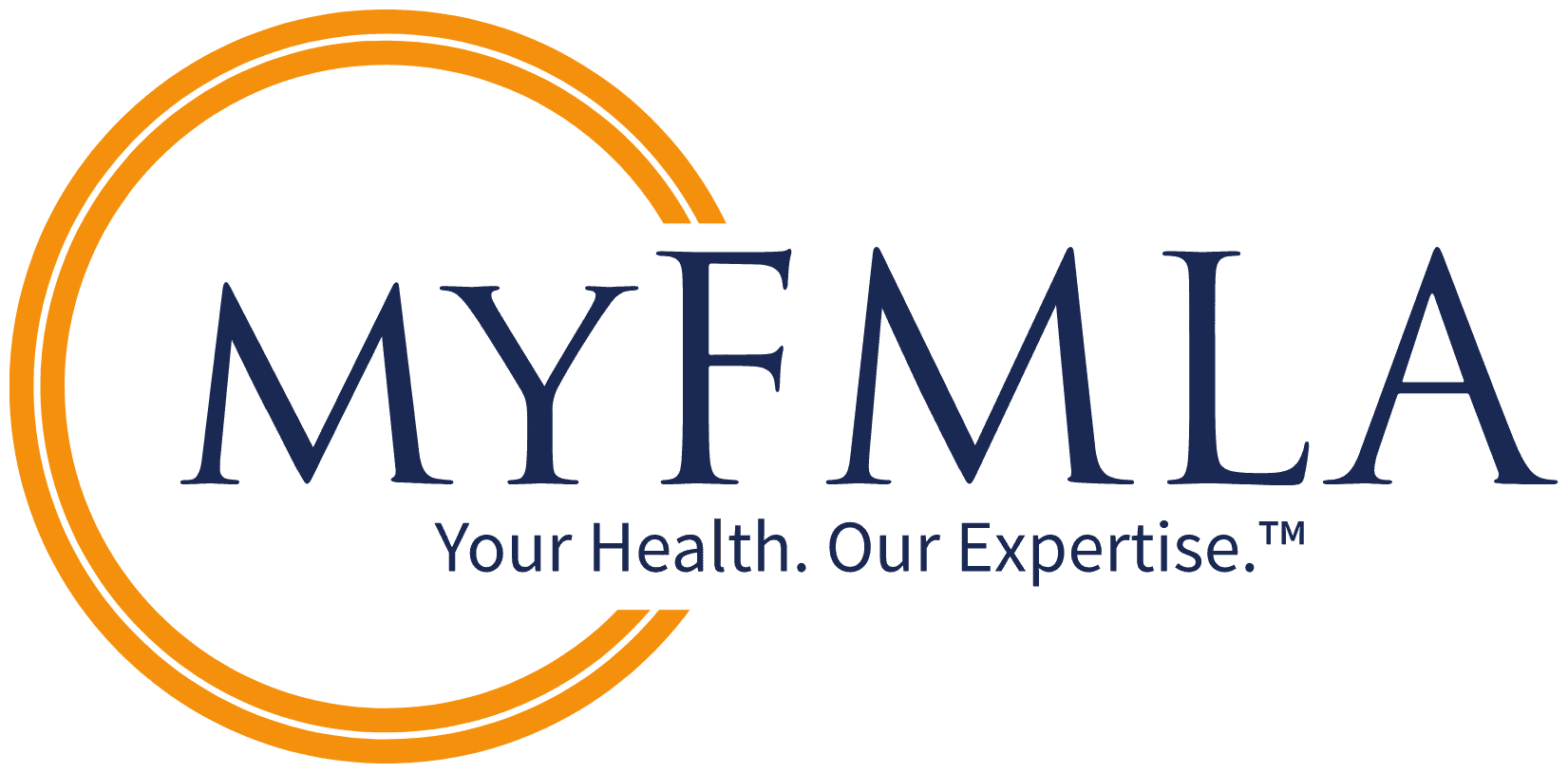Navigating the FMLA Maze: The Struggle for Patients with Chronic Illness
The Family and Medical Leave Act (FMLA) offers eligible employees up to 12 weeks of unpaid, job-protected leave annually for serious health conditions. While this provision is crucial for many, patients with chronic illnesses often encounter significant challenges when attempting to complete the necessary FMLA forms.
The Challenges in Securing FMLA Documentation
- Lack of a Primary Care Provider (PCP): Many patients with chronic conditions lack a consistent PCP, which complicates the process of obtaining FMLA documentation. Without a primary physician familiar with their medical history, patients may struggle to find a healthcare provider willing to complete the required forms.
- Healthcare Providers Unfamiliar with FMLA Forms: Some physicians, especially those not regularly involved in managing chronic illnesses, may be unfamiliar with the specifics of FMLA documentation. This unfamiliarity can lead to delays or reluctance in completing the forms, as providers may be uncertain about the required information or the implications of the certification.
- Complexity of the Forms: FMLA forms can be intricate, requiring detailed information about the medical condition, treatment plans, and the anticipated duration of leave. This complexity can be overwhelming for both patients and healthcare providers, leading to incomplete or inaccurate submissions. For instance, the Department of Labor’s Certification of Health Care Provider for Employee’s Serious Health Condition form includes sections that may be challenging for providers to complete without a thorough understanding of the patient’s condition and treatment plan.
- Referral to Specialists: In some cases, patients are referred to specialists for the completion of FMLA forms. However, specialists may not have a comprehensive understanding of the patient’s overall health or the specifics of their employment situation, leading to incomplete or delayed documentation. Additionally, specialists may charge fees for completing such forms, adding financial strain to the patient.
The Impact on Patients
The difficulties in obtaining FMLA documentation can have serious consequences for patients. Without the necessary forms, patients may be unable to take the leave they need to manage their health, leading to increased stress, potential job loss, and exacerbation of their medical conditions.
Strategies for Patients Seeking FMLA Leave
To navigate this complex process more effectively, patients can consider the following steps:
- Initiate Early Communication: Inform your employer and healthcare providers about your need for FMLA leave as early as possible. This proactive approach allows time to gather necessary documentation and address any concerns.
- Provide Comprehensive Information: Ensure that all sections of the FMLA forms are completed accurately, including personal details and specific information about your medical condition. This completeness can facilitate a smoother approval process.
- Request Assistance from Your Employer: Some employers may offer resources or guidance to help employees navigate the FMLA process. Engaging with your human resources department can provide additional support.
- Seek Support from Patient Advocacy Groups: Organizations that focus on chronic illnesses can offer advice, resources, and sometimes even assistance with the FMLA process. Connecting with such groups can provide valuable support.
Conclusion
While the FMLA is a vital resource for employees managing chronic illnesses, the process of obtaining the necessary medical certifications can be fraught with challenges. By understanding these obstacles and proactively engaging with healthcare providers and employers, patients can work towards securing the support they need to manage their health effectively.
If you’re a patient looking for personalized guidance and support with your FMLA needs, schedule a consultation with a physician specializing in FMLA-related issues at myfmla.com today.



